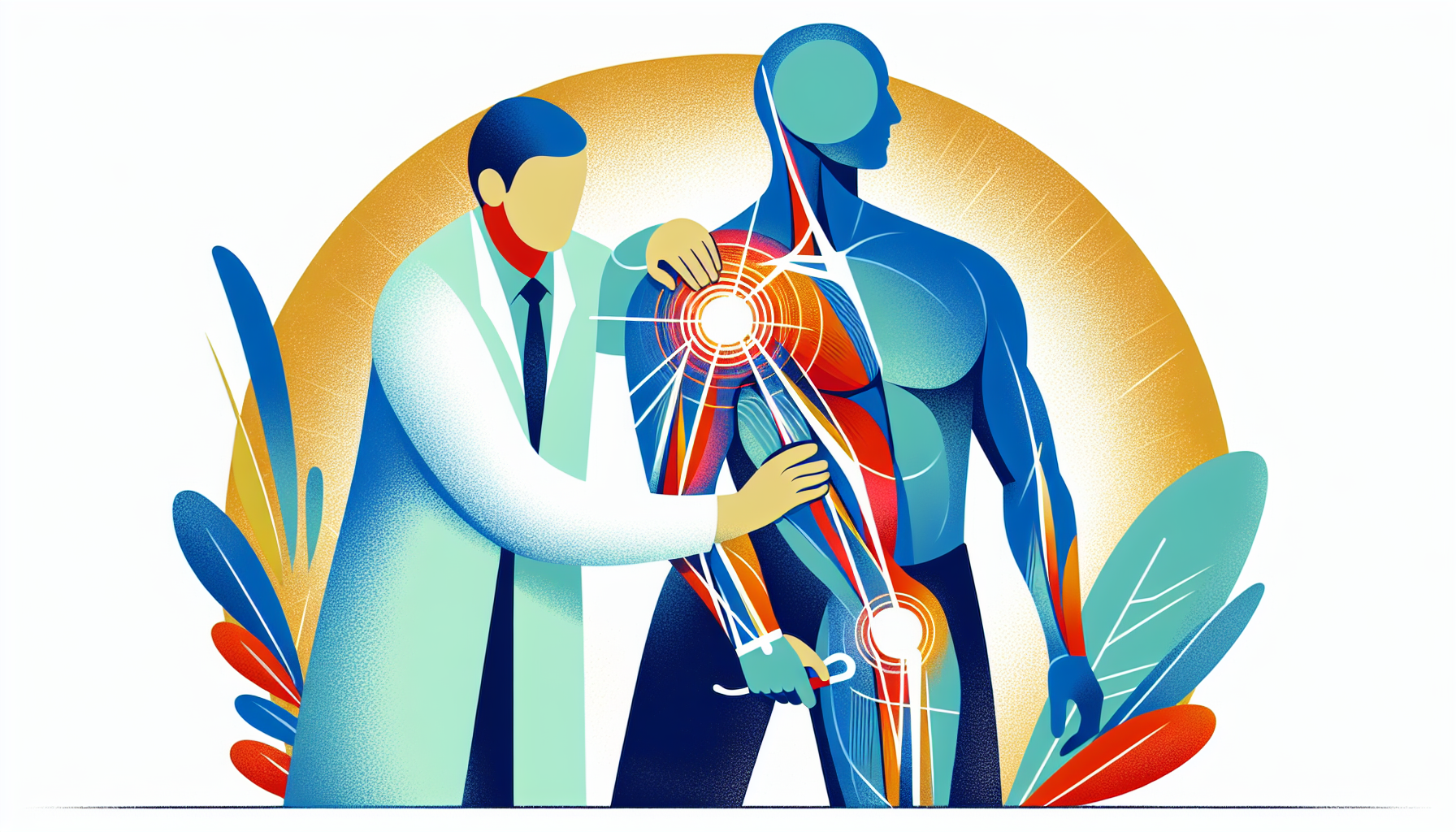If you're experiencing shoulder pain, you may have a rotator cuff tear. This common injury affects millions of people each year, but the good news is that physical therapy (PT) can help you find relief and regain strength and mobility in your shoulder.
What is a Rotator Cuff?
The rotator cuff is a group of tendons and muscles in your shoulder that form a cuff over the top end of your arm. It helps you lift and rotate your arm while keeping the shoulder steady as your arm moves. Rotator cuff tears can be caused by normal wear and tear over the years, especially in people over 40, or by a fall or repetitive motions.
How Physical Therapy Can Help
Physical therapy is often the first line of treatment for rotator cuff tears, unless the injury is severe. Your physical therapist will assess your pain and range of motion, and develop a personalized treatment plan to help you:
Regain your range of motion
Strengthen your shoulder muscles with exercises
Improve your posture to reduce pain
Find a comfortable sleeping position
Learn safe ways to carry objects and perform daily activities
Use ice or heat to manage pain
Understand the importance of staying active
Return to your regular activities gradually
PT vs. Surgery for Rotator Cuff Tears
Studies have shown that people who receive physical therapy for a rotator cuff tear can achieve similar outcomes to those who undergo surgery. PT can also help you recover after rotator cuff surgery by improving strength and movement and teaching you how to prevent future injuries.
What to Expect During Physical Therapy
During your PT sessions, your therapist will guide you through exercises and techniques designed to help you heal and regain function in your shoulder. As you recover, it's important to pay attention to your pain levels and ask for help when needed. With patience and dedication to your treatment plan, you can overcome your rotator cuff injury and keep your shoulder strong and healthy for years to come.
For more information on rotator cuff tears and physical therapy, visit:
The Bottom Line
Physical therapy successfully treats most rotator cuff tears without surgery, but early intervention within 6 weeks prevents permanent muscle damage and improves outcomes. The key is distinguishing between minor strains that respond to rest and significant tears that need structured rehabilitation. If you're experiencing persistent shoulder pain or weakness that's affecting your daily activities, Doctronic can help you determine the right treatment approach.


